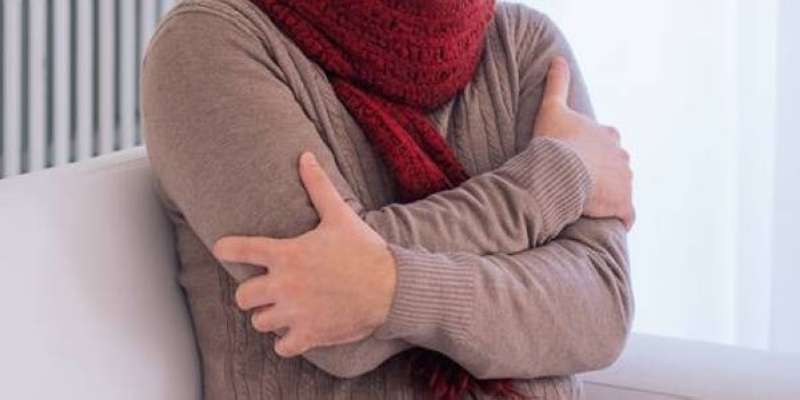Two doctors warned of the effect of cold weather on vital body organs such as the heart and lungs, which leads to high blood pressure.
Leslie Shaw, a cardiologist at the Cleveland Clinic, said that cold makes the heart beat faster, which leads to high blood pressure, reports a local Arabic daily.
She added “The body’s first reaction to cold weather is to try to warm up, so the blood vessels contract to retain heat. The heart also beats faster, which can lead to higher blood pressure. All of this can have an effect on the heart and things get worse when the cold weather is accompanied by wind, as the body temperature drops more.”
And she continued, “When the body becomes unable to produce enough energy to keep the temperature of the internal organs warm enough, symptoms such as mental confusion, slow reactions, tremors, and drowsiness appear.”
And she pointed out, “For people with heart disease, the extra work the body has to do to stay warm can cause chest pain and possibly even a heart attack.”
Shaw warned people who exercise in cold weather, and said “The heart is subjected to greater pressure when cold weather combines with vigorous sports activity or even walking through heavy snow. It is necessary for those who do such activities to take frequent breaks so as not to stress the heart. It is also important to keep the body hydrated by drinking fluids and wearing clothes that provide warmth.”
She pointed out that cold air can also affect breathing, especially if a person suffers from a lung disease such as asthma or chronic obstructive pulmonary disease.
Pulmonologist Rachel Taliersio said, “For people with chronic obstructive pulmonary disease, cold air can trigger lung spasms and symptoms similar to an asthma attack.”
She pointed out that cold weather may cause shortness of breath, coughing and chest pain, and in such cases it is necessary to warm the body by entering a closed place.”
Taliersio advised the need to wear clothes that provide heating for the body, and cover the head with a hat, as well as the mouth and nose so that cold air does not enter the lungs.

